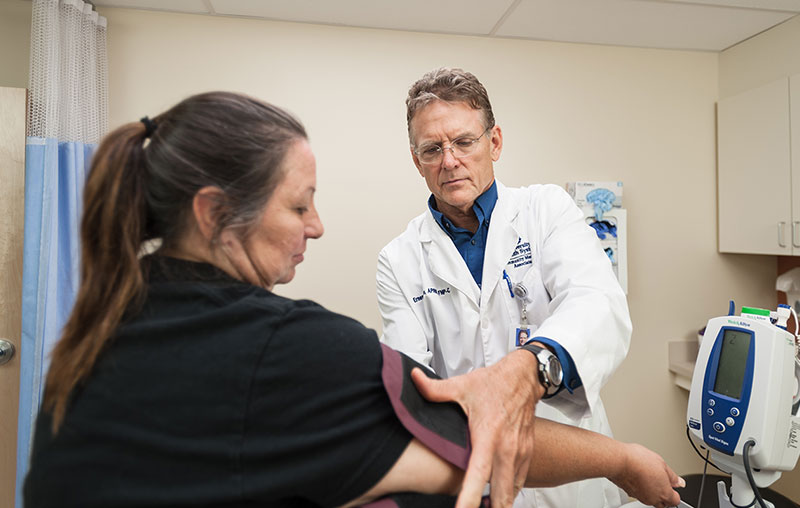Intellectual Disability
No two people with intellectual disability are alike. Some children may need a great deal of help and may not be able to live independently as adults. However, with early intervention, community and family support, people with intellectual disability can live happy and fulfilling lives.
About 1% of people in the world have some degree of intellectual disability. Intellectual disability exists on a spectrum, categorized as:
- Mild
- Moderate
- Severe
- Profound
An intellectual disability may be present from the time of birth and will become more apparent as a child grows.
A person must be diagnosed with intellectual disability prior to age 18 years in order to qualify for assistance in adulthood.
Intellectual Disability’s Impact on Health & Wellbeing
People with intellectual disability may find it hard to remember the steps to complete a task or know how to solve problems. This could make it harder to secure and maintain a job.
Connecting children and adults with the proper support programs (special education, vocational training, etc.) is key to helping people with intellectual disability lead rewarding, fulfilling lives.
If you worry that someone has intellectual disability, it is important to have them seen by a professional. While there is no cure for intellectual disability, early diagnosis and intervention may help improve learning and managing activities of daily life. People with this disability can lead full lives with support from caregivers and the community.
Intellectual disabilities may occur with many other mental or physical health conditions.
According to the American Community Survey, about 87,000 people in San Antonio have intellectual disability.
Risk Factors for Intellectual Disability
Sometimes intellectual disability cannot be prevented, and many times the cause is not known. Some factors may make having intellectual disability more likely. Factors that may increase a baby’s chance of having intellectual disability include:
- Parents’ genetics
- Infection during pregnancy
- Alcohol or drug use during pregnancy
Complications or injuries to the baby during birth can also increase the risk. These include:
- Hypoxia (lack of oxygen)
- Premature (early) birth
- Brain injury in the baby
If a child gets a brain injury later in life, it could lead to an intellectual disability. Other childhood risk factors include:
- Exposure to toxins like lead or mercury
- Infections that spread to the nervous system like meningitis
- Brain tumors
- Seizures and epilepsy
University Health Resources
University Health Pediatric Development & Behavioral Care
University Health provides pediatric development and behavioral health care services to children in South Texas. A referral is required.
Community Resources
Schools
Under the Individuals with Disabilities and Education Act, schools are required to provide assessments and appropriate special education for children by age 3. Schools may be the first line of evaluation and recommendations for families/parents/guardians. Ask your child’s teacher or school administration for more information.
Alamo Area Council of Governments
The Alamo Area Council of Governments (AACOG) aims to improve the quality of life for people in the San Antonio area. AACOG provides services for people with intellectual and developmental disabilities.
Any Baby Can of San Antonio
Any Baby Can of San Antonio provides resources, support and education to families of children with special needs at no cost to the family. This includes referrals to providers and specialists, medication assistance, and grief and bereavement.
The Arc of San Antonio
The Arc of San Antonio helps people with developmental disabilities and their families by providing care, case management and assisted living services.



